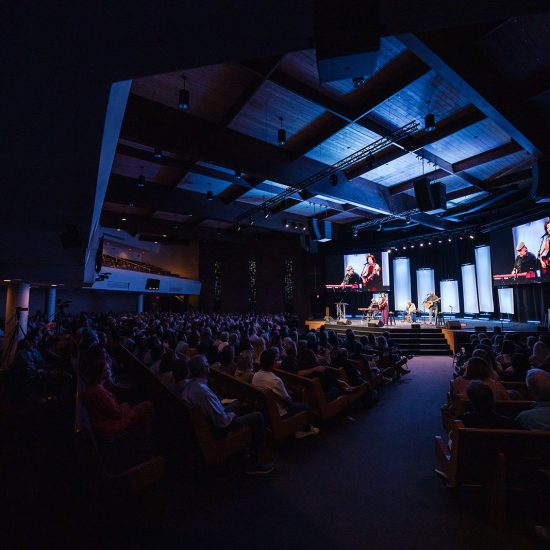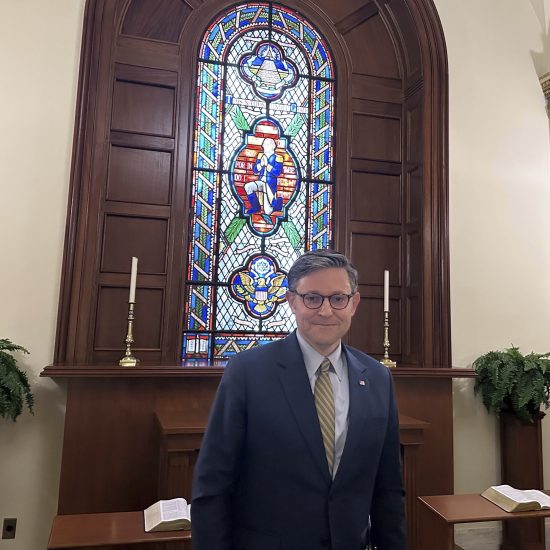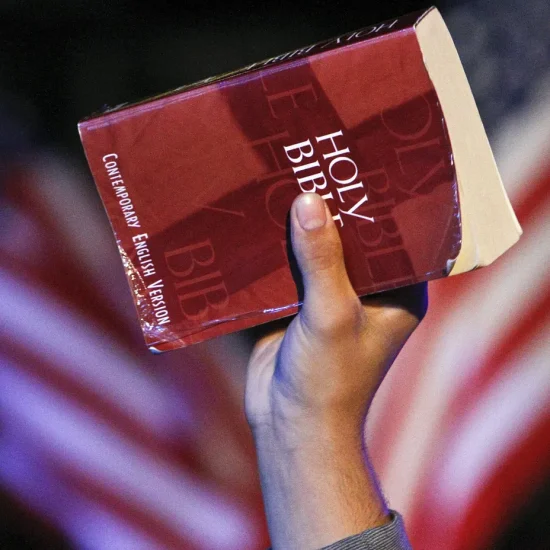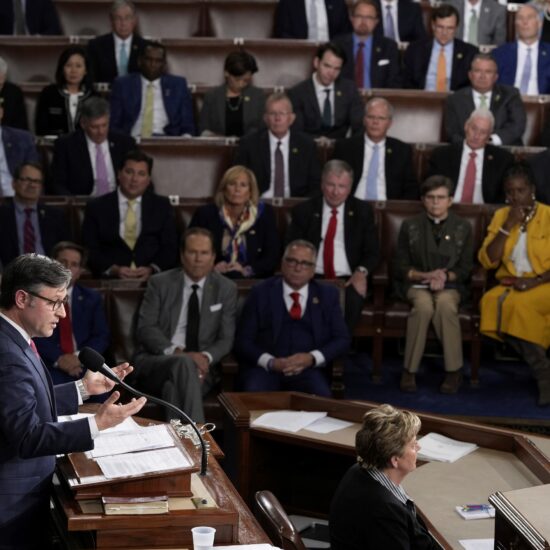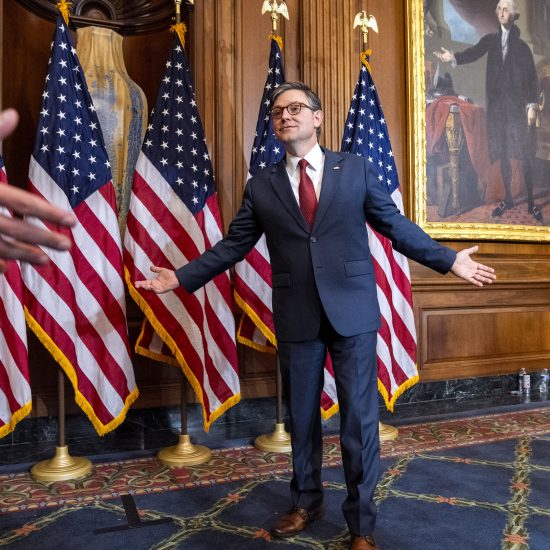The forced resignation of Patrick Conroy as chaplain for the U.S. House of Representatives quickly sparked questions and concerns about the intermingling of religion and politics. Some lawmakers believe Speaker Paul Ryan pushed out Conroy because of a prayer Ryan saw as too political. But that raises an important question: Can prayer actually be apolitical?
 Brian Kaylor
Brian Kaylor
Ryan eventually said he requested Conroy’s resignation because some House members wanted someone who could better meet their “pastoral needs.” Perhaps that is the reason, but Conroy said Ryan gave him no reason at the time. Conroy also recounted that about a week after a prayer last November that mentioned tax reform, a staffer from the Speaker’s office told him, “We are upset with this prayer; you are getting too political.” Conroy added that Ryan also told him, “Padre, you just got to stay out of politics.” If so, that would suggest a desire to censor prayers — despite religious liberty rights — and a fundamental misunderstanding of the nature of prayer.
When Conroy prayed to open a legislative session, he did so while standing at the official podium in the House chambers with elected members of that body listening. Additionally, the prayers of a chaplain are treated as official rhetoric, with the full text included in the Congressional Record that documents proceedings and debates of the U.S. Congress. A prayer in that political setting is inherently political — which is not to deny its spiritual nature.
This is hardly the first time the political content of a chaplain’s prayer made the news. Barry Black, the chaplain for the U.S. Senate, received attention for references to the 2013 government shutdown — and his apparent prayerful advocacy for legislators to end that shutdown — during his official prayers to start Senate sessions.
“I think it would be very difficult for me to pray without reflecting the political environment that I’m in,” Black said on MSNBC’s “Morning Joe” as the shutdown ended. “If the chaplain of the Senate just uttered pious platitudes in his prayer, that would be irrelevant. And so, I think that my intercession on behalf of the people that I serve should reflect the challenges we are facing.”
Black gets it half right. He sees his prayers as inherently grounded in their context, thus the need to avoid merely offering “pious platitudes.” However, such platitudes would not be completely irrelevant. Had he ignored the shutdown, his prayers would not have been non-political but rather a support for the status quo. As Presbyterian pastor Robert Hudnut explained in his book “A Sensitive Man and the Christ”: “Not to speak is to speak. Not to act is to act. To do nothing when a house is burning is to do something. It is to let the house burn. To say nothing when a country is burning is to say something. It is to let the country burn.”
Thus, when Conroy stepped to the official microphone on Nov. 6, 2017, as legislators debated a tax overhaul bill, his words — regardless of whether he mentioned the topic at hand or not — would be a political act.
“As legislation on taxes continues to be debated this week and next, may all Members be mindful that the institutions and structures of our great Nation guarantee the opportunities that have allowed some to achieve great success, while others continue to struggle,” the Congressional Record records Conroy praying. “May their efforts these days guarantee that there are not winners and losers under new tax laws, but benefits balanced and shared by all Americans.”
Is that prayer political? Yes. But so is any prayer given by a chaplain paid by U.S. taxpayers and standing in the heart of American democracy during an official legislative session. And, for that matter, so is any prayer.
To pray that God’s will would be done on earth — as Jesus taught his followers do so in what is often called “the Our Father” or the “the Lord’s prayer” — is to make a political request. It is to suggest that not all is right in the world, and that societal (that is, political) changes must make the list of needed redemptive shifts. That religious prayer request inherently brings political implications. Likewise, for a Christian to declare that “Christ is Lord” is to necessarily claim that any president, prime minister or king is not. That spiritual declaration inherently carries political consequences.
To strip a prayer of political implications is not just to make it irrelevant pious platitudes; it is to make it no longer a prayer.
Brian Kaylor is editor of Word&Way.

